What Would Jesus Undo | Week 3 | Pastor Ben Pierce
The Call for Authentic Worship
In this week’s message from Generation Church, Pastor Ben Pierce explores the vital question of what Jesus would want to undo in our worship practices. He challenges us to move beyond hollow rituals and connect with God authentically, emphasizing that true worship goes far beyond just singing songs.
The Importance of Asking What Jesus Would Undo
As we delve deeper into the idea of what Jesus would undo in our worship practices, we must consider the essence of worship itself. It is crucial to recognize that worship transcends mere actions or rituals. It is about the heart’s posture towards God. The challenge lies in identifying the distractions that can lead us away from authentic worship.

Jesus Confronts Pharisaical Worship
In the Gospel of Mark, we see Jesus confronting the Pharisees about their adherence to traditions over the true commands of God. This confrontation highlights a significant problem that persists today: the tendency to prioritize ritual over relationship. The Pharisees were more concerned with ceremonial cleanliness than with the heart’s condition.

The Danger of Hollow Worship
Hollow worship is a dangerous pitfall that can ensnare even the most devoted believers. When we focus on the external elements of worship—such as the music, the atmosphere, or the order of service—we risk losing sight of the true object of our worship. Jesus reminds us that worship is not merely about what we do but about who we are becoming in Him.

Worship is More Than Just a Song
Worship extends beyond the songs we sing on Sunday mornings. It encompasses our entire lives. Each action, thought, and word can be an act of worship if done with the right heart. True worship reflects a deep, personal connection with God. It’s about surrendering our hearts and lives to Him, not just our voices.
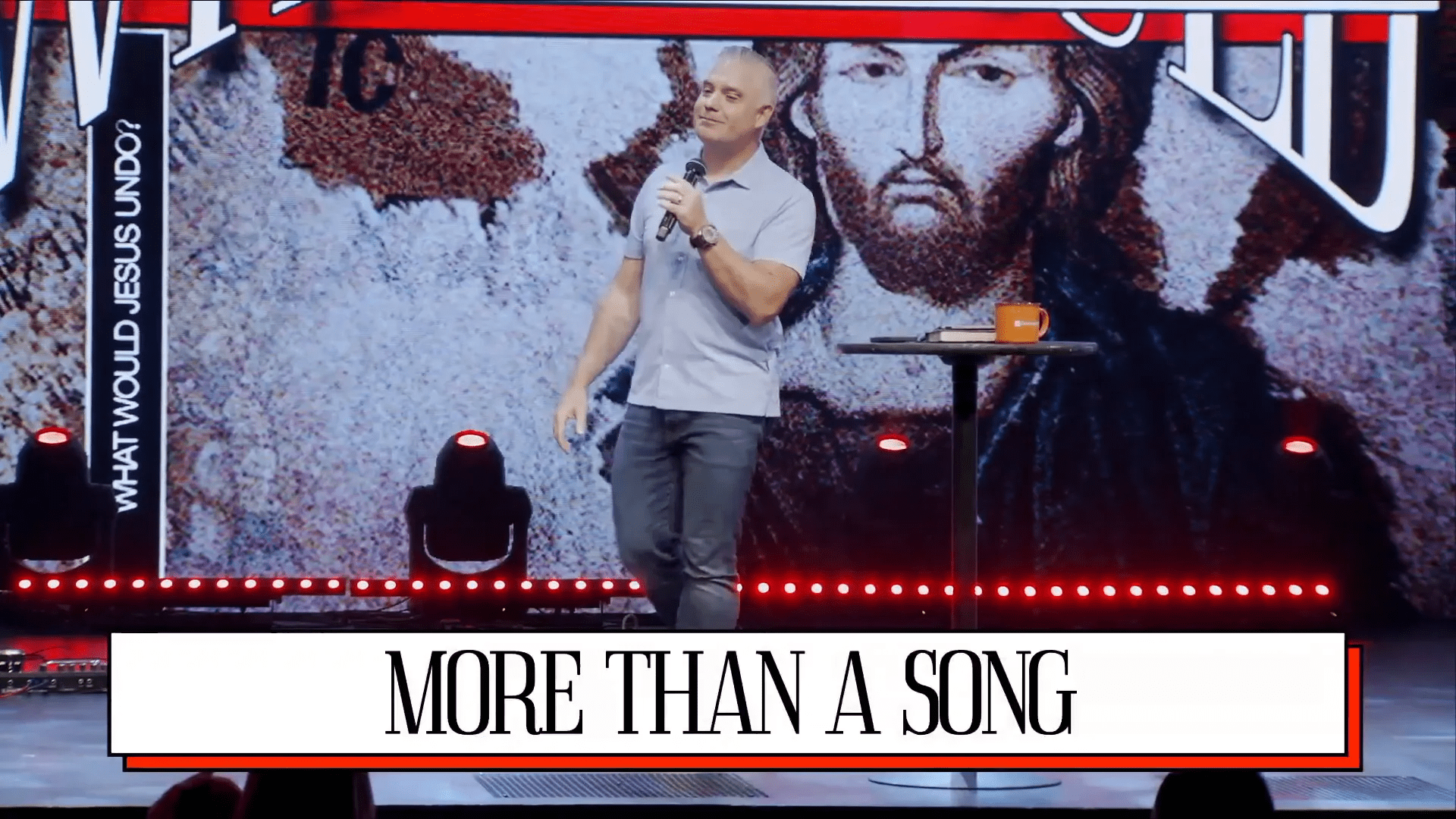
Distractions in Worship
Distractions are a common barrier to authentic worship. Whether it’s worries about our daily lives, personal struggles, or even the atmosphere of the service, these distractions can pull our focus away from God. It’s essential to recognize these distractions and intentionally set them aside as we enter into worship.

The Heart of Worship
At the core of genuine worship is the heart’s condition. Jesus emphasized that worship must come from a place of sincerity and truth. If our hearts are not aligned with God, our worship becomes meaningless. The challenge for us is to cultivate a heart that desires to worship authentically, free from the influences of distraction and tradition.

Cultural Perspectives on Worship Styles
Worship styles vary across cultures and denominations, each bringing its unique expression of reverence to God. However, the essence of worship remains unchanged. It is not about the style we prefer but rather the sincerity with which we approach God. Embracing diverse expressions of worship can enrich our understanding and experience of God’s presence.

Conclusion
As we continue to explore the implications of what Jesus would undo in our worship practices, let us remain vigilant against the allure of hollow worship. Instead, let us strive for authenticity, ensuring that our worship is a true reflection of our hearts and our relationship with God.
Cultivating a Heart for Worship
To cultivate a heart for worship, we must first understand that worship is an internal experience that manifests outwardly. It begins with a willingness to engage deeply with God, setting aside distractions and pride. This inner transformation is essential for authentic worship.
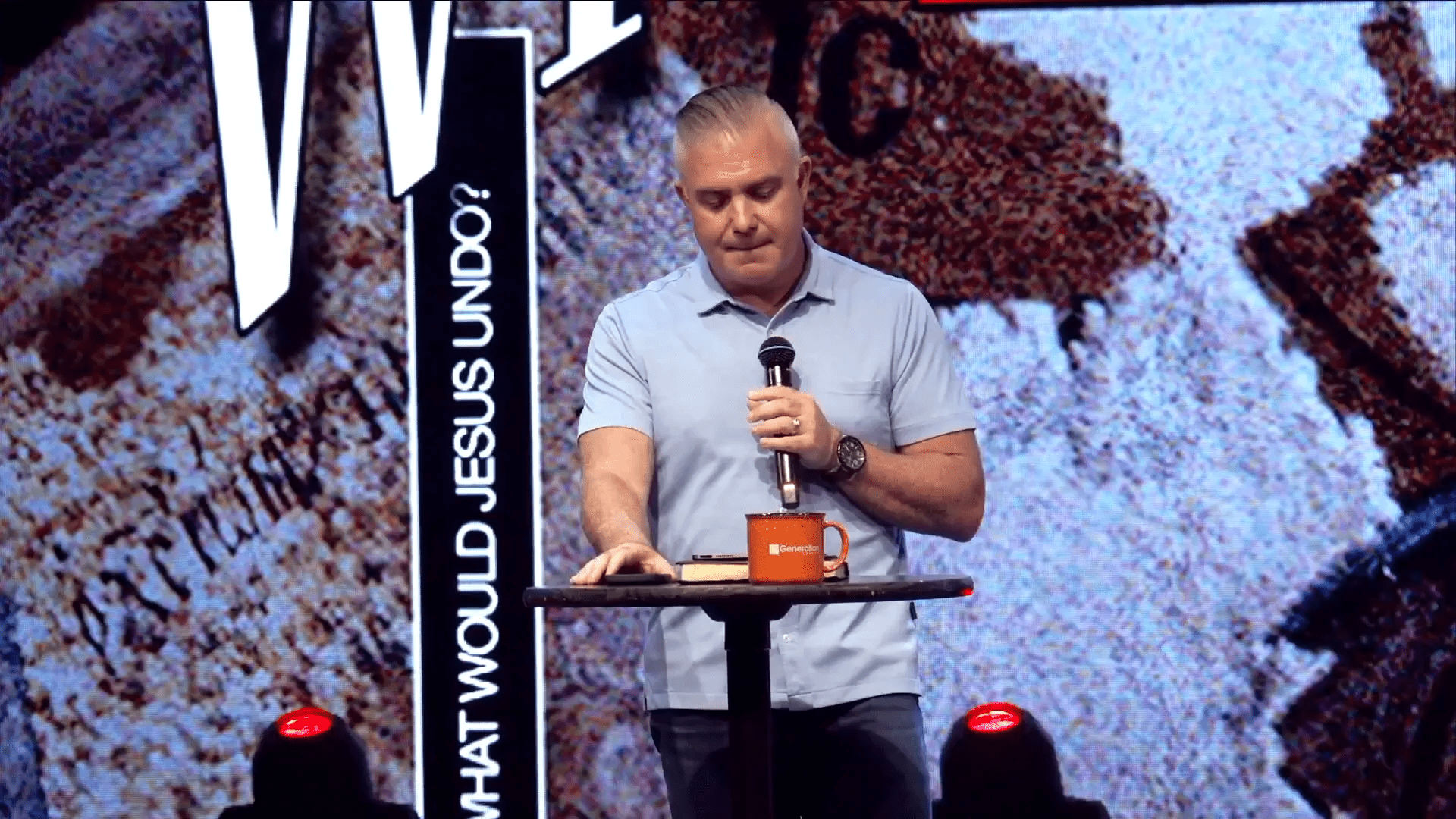
Six Outworkings of a Cultivated Heart for Worship
When our hearts are truly cultivated for worship, we will see specific actions emerge. These actions are not merely rituals but expressions of our love and reverence for God. Here are six vital expressions of a heart prepared for worship:
1. Singing Praises to God: Singing is foundational to worship. As described in Hebrews 13:15, we are called to continually offer a sacrifice of praise. This act costs us something, but it reflects our love for God and what He is worthy of.
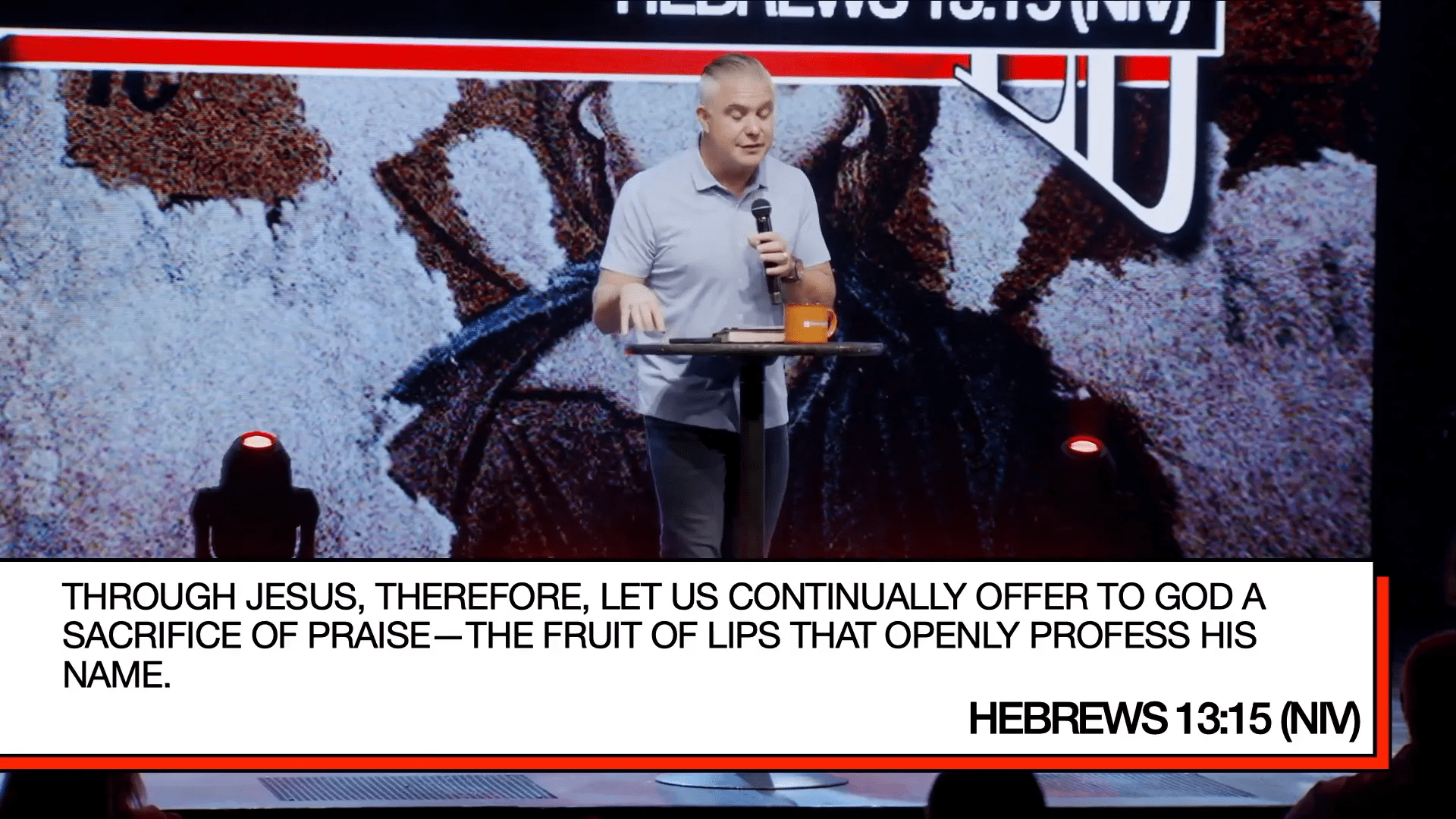
2. Clapping Our Hands: Clapping in worship signifies joy and agreement with God’s goodness. Psalm 47:1 encourages us to clap our hands and shout with joy. It represents a heart full of celebration for what God has done.

3. Dancing in Celebration: Dancing is a powerful expression of joy in worship. It doesn’t require skill; it requires a heart that recognizes God’s goodness. Psalm 149:3 tells us to praise His name with dancing, celebrating His victory in our lives.

4. Kneeling in Reverence: Kneeling is an act of humility and reverence before God. Psalm 96:6 invites us to bow down and worship. It is a demonstration of our love and respect for Him.
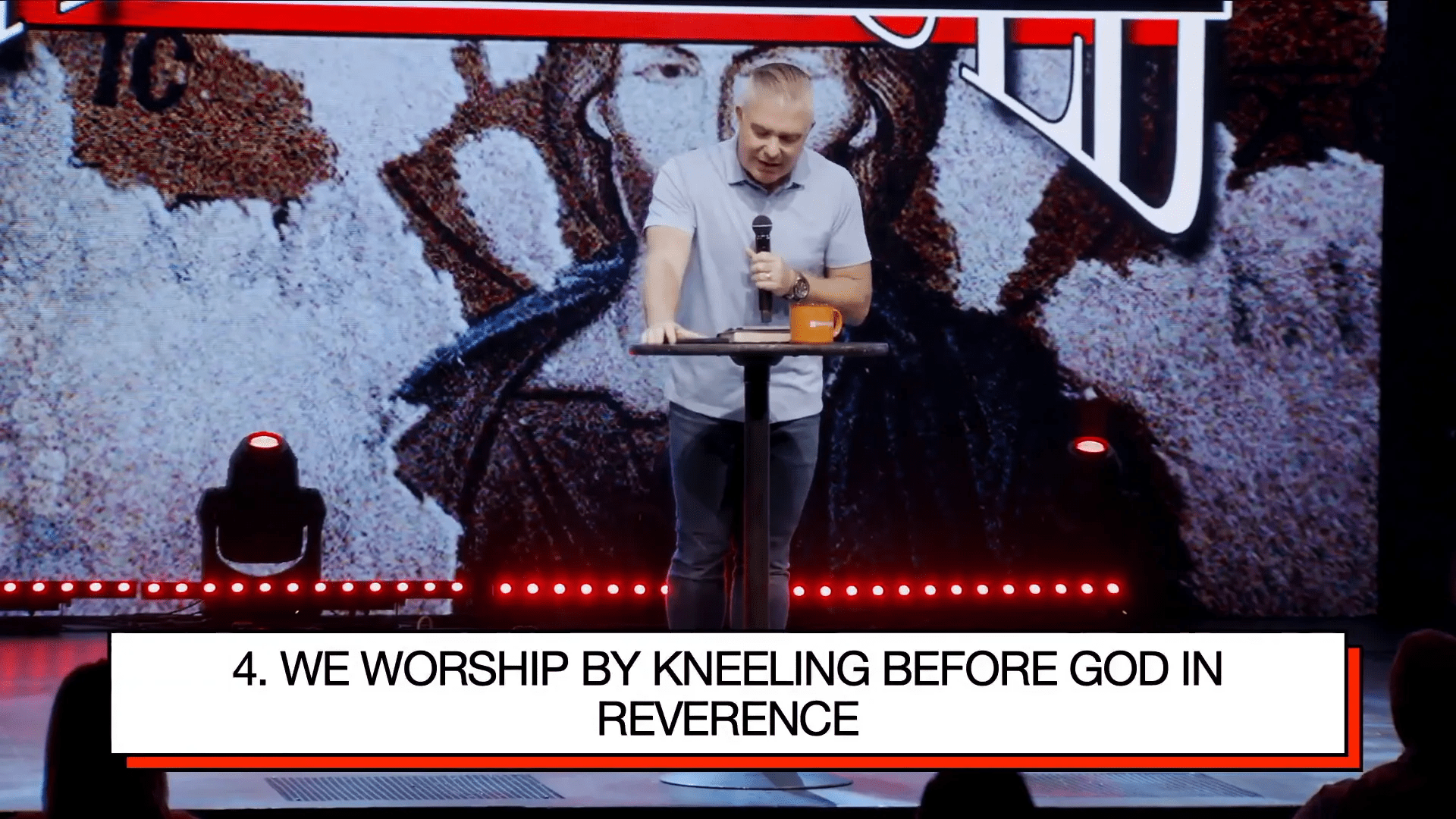
5. Lifting Our Hands in Surrender: Lifting hands is a universal sign of surrender and need. In Psalm 28:2, the act of lifting hands symbolizes our recognition of our dependence on God. It is an expression of our desire for His presence and help.
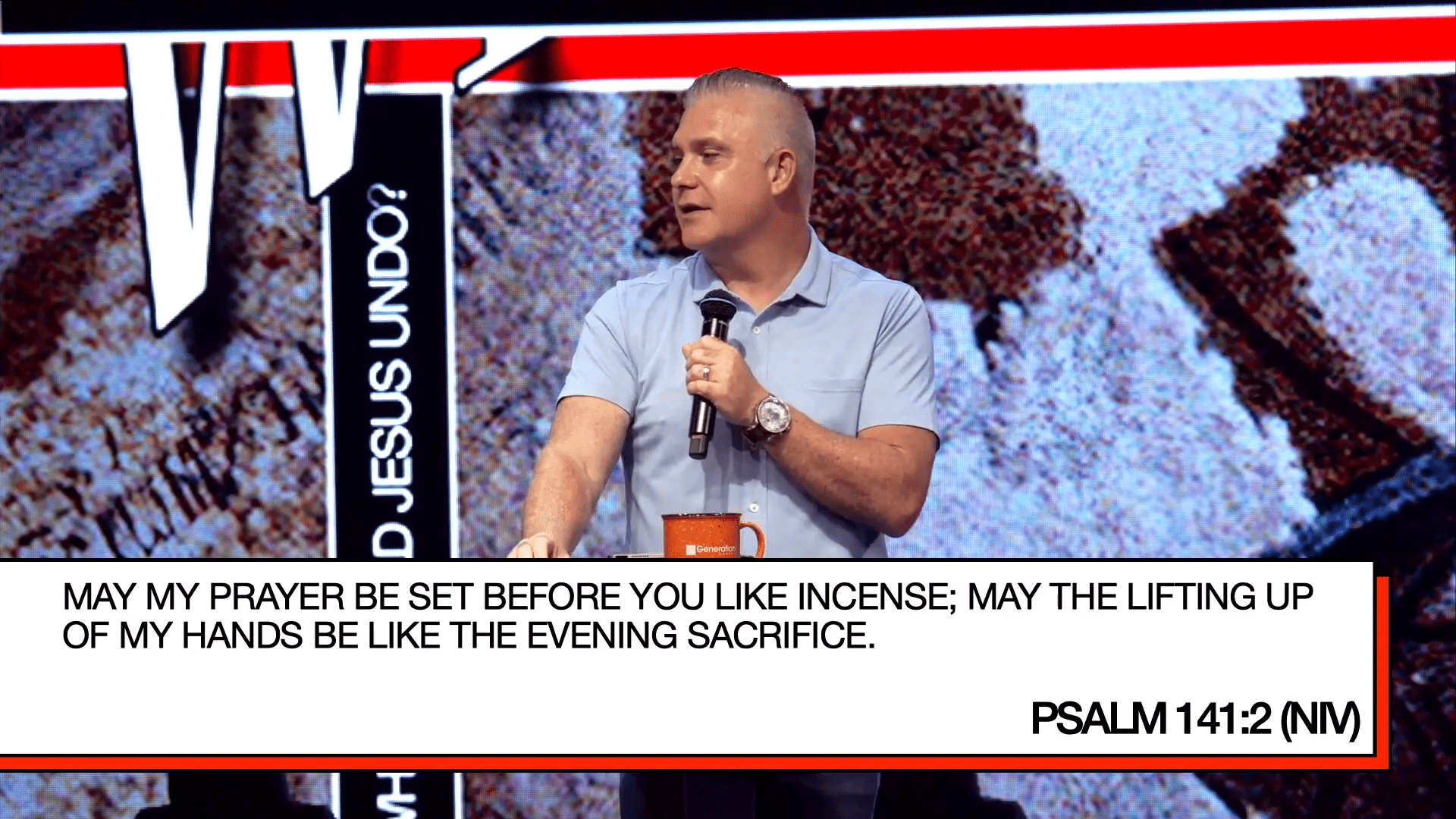
6. Serving God with Our Lives: True worship extends beyond the church walls. Romans 12:1 calls us to offer our bodies as living sacrifices. Our daily actions, whether at work or home, reflect our worship to God.

The Importance of Personal Worship
Personal worship is essential for a thriving relationship with God. It is a time where we can connect with Him on a deeper level, free from distractions. This personal engagement fosters growth, understanding, and a closer walk with God.

Responding to God’s Call
When God calls us, it requires a response. This response can manifest in various ways, such as lifting our hands, singing, or simply talking to Him in prayer. It is vital to recognize the importance of responding to His call with an open heart.

Conclusion
As we reflect on the role of pride in our worship, let us strive to cultivate a heart that is free from distractions and focused on God. By engaging in the various expressions of worship, we can deepen our connection with Him and ensure that our worship is authentic and meaningful.

